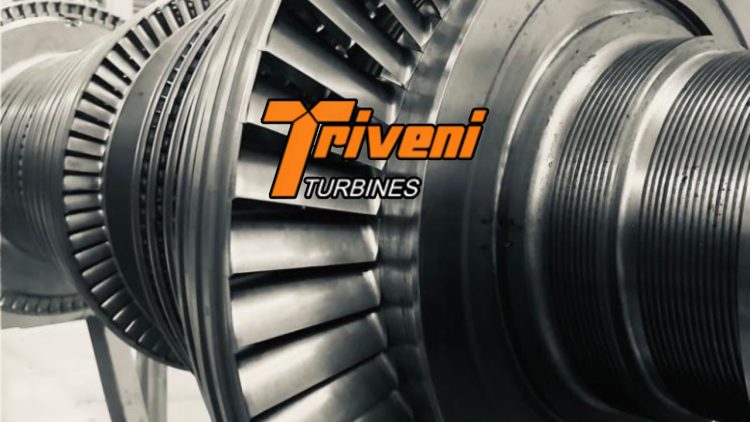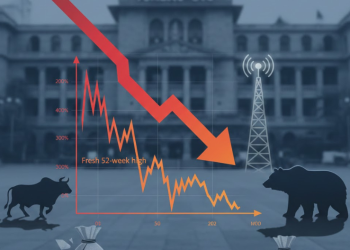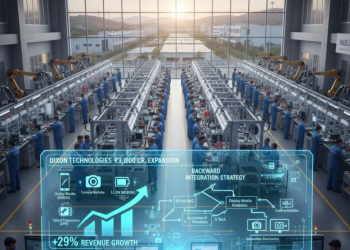Triveni Turbine Limited has introduced India’s first carbon dioxide-based high-temperature heat pump, a major technological step for the country’s industrial heating sector.
The new heat pump, engineered in collaboration with the Indian Institute of Science (IISc) Bangalore, is capable of delivering heat up to 122°C and boasts a high Coefficient of Performance (COP) of 6. Unlike conventional systems that rely on synthetic refrigerants, Triveni’s pump uses CO2, which is non-toxic, non-flammable, and has a global warming potential of just one, aligning with evolving environmental standards.
Management highlighted the product launch at the company’s recent Q1 FY26 earnings call, emphasizing its superior efficiency, up to three times that of traditional electric heaters.
The unit is designed for a range of industrial applications, including pharmaceuticals, food and beverage, chemicals, textiles, and paper, where high-temperature process heat is essential. While uptake in India will require market development, Triveni expects the pump’s advantages to attract both domestic and international customers over time.
The introduction comes as India and other countries accelerate efforts to phase out hydrocarbon refrigerants under protocols like the Kigali Amendment. Triveni’s leadership believes the innovation will drive growth in their clean-energy portfolio, although the company expects only a modest impact on near-term revenues as the market evolves.
Triveni Turbine Limited, headquartered in Bengaluru, is one of the top two global manufacturers of industrial steam turbines below 100MW. With over 6,000 installations in more than 80 countries, Triveni serves industries spanning power, steel, cement, food processing, and renewables. The company has built its reputation on reliable, innovation-led engineering and comprehensive service offerings covering installation, aftermarket support, and refurbishment.
Apart from the heat pump innovation, the company is expanding its focus on energy-transition technologies, including CO2 turbines, chillers, and advanced carbon-based products. The management is also targeting growth in international markets and the aftermarket refurbishment segment. Recent investments in digital initiatives and international subsidiaries aim to boost market proximity and enhance value from global operations.
Financially, Triveni’s first quarter of FY26 reflected temporary setbacks. Revenue dropped 19.9% year-on-year to ₹3,713 million, as export sales dipped 15% and domestic sales fell 24%, largely due to deferred dispatches caused by geopolitical tensions in regions like the Middle East and South Asia. PAT also declined by 19.9% to ₹644 million. Despite this, the company reported a record order book of ₹20,736 million at quarter-end, up 20.2% from the prior year, reinforcing a positive outlook for the remainder of the year.












